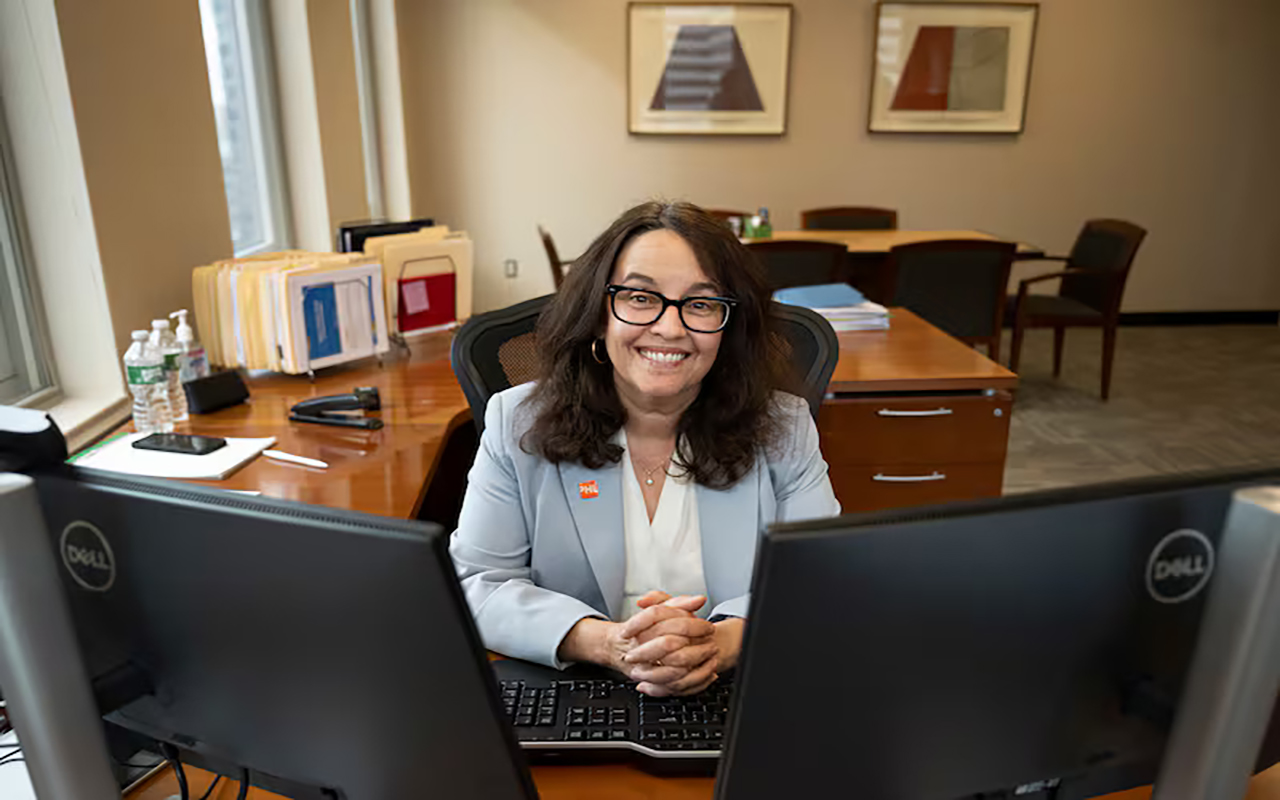
Take a walk on the wild side of Franklin Institute
From events that invite young adults to have fun with scientific activities to educational outreach, Franklin's Institute agenda is full for the fall.
I recently had the chance to visit the Franklin Institute for Science After Hours, an opportunity to experience its attractions with a beer on hand, an unusual routine for the science institution.
I was struck not only by the number of activities but by the number of twenty-somethings diving into science projects in between sips.
The event was developed to access a crowd the Institute has had a difficult time reaching: 20- and 30-somethings.
“Our institution is known for attracting families and kids, but we really want to connect with that younger and hip age group. For Science After Hours we present fun and energetic scientific ideas in an exciting way to get people interested and intrigued through experts from a wide array of areas,” said the institute’s Vice President, Dr. Frederic Bertley.
There are already two more events lined up with “Monster Mash-Up,” a look at some of history’s most famous monsters during a Halloween-themed Science After Hours, on Oct 14. Followed by “Guilty Pleasures” on Nov. 11, where guests will explore and delve into all sorts of indulgences – everything from chocolate to Dungeons & Dragons.

But with the start of another school year the institute’s more usual community programs are also in full swing.
Bertley has a strong background in academia having studied physiology, mathematics, and the history of science as an undergraduate. He currently oversees programs aimed at improving the quality of science education throughout the K-12 population, and expanding science literacy for families.
“Everybody should have access to science and be excited about it. There is the work in our building — our exhibits — but we also have programming outside with neighborhood networks,” Bertly said. “We are doing work with the Latino community through partnerships with organizations like Esperanza and Congreso.”
In the past he has stated that his personal story is atypical, having had the privilege of parents who understood the importance of perseverance and education.
“The biggest problem to attract students into science is that if you bring a middle school or high school kid and you can get him excited, they have a really big peak but then they are let down because they don’t know what to do from there,” Bertley said.
He has spent more than 15 years developing science curricula for students, and 13 years developing science education resources for non-profit organizations and for-profit corporations.
“What we do is bring kids in, but then we keep them and we make them come back every Saturday or during the week to provide sustainable long-term programs. That is where we really make the difference week after week,” he said.
The Franklin Institute is currently partnering with the Philadelphia School District to train science teachers in schools. “Many of them are not necessarily trained in science, they might have an English or economics degree. So we offer professional development to help them engage students from kindergarten to 12 grade,” Bertley said.
Then there are programs where students from the district can visit the institute for free and they can meet and greet scientist.
“We really want to fill that void of resources the school district has. STEM Scholars is a high school program for Latino and African-American kids who don’t have the resources to access science. We get a lot of kids from Camden and from the greater Philadelphia region,” he said.
PACTS is a year-round program of science enrichment for diverse middle and high school students in Philadelphia, designed to involve students as an active part of the daily life of the Franklin Institute. “We have about 125 kids enrolled in that program and they come every Saturday through the academic year and over the summer to get immersed in science,” he said.
As an innovation developer, Bertley is always on the look-out for new methods of outreach, in particular with minority students.
“Definitely spread the word that we want to see the community here at the institute. If there are ways we are not working with the community we want to know,” Bertley said. “A lot of organizations go into the community and tell them what they think they need. We want to go to the community to learn from them so we figure out how we can help.”
To learn more about the community efforts by the Franklin Institute visit www.fi.edu/community-programs










LEAVE A COMMENT: